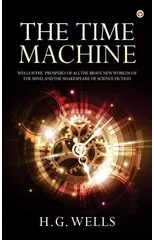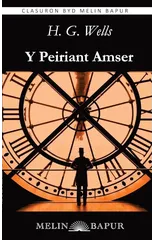The main protagonist of Men Like Gods is Mr Barnstaple, a careful driver and depressive journalist writing for The Liberal newspaper. It is to his consternation, therefore, that while carefully motoring along the Maidenhead road he skids on a bend and finds himself in another world altogether - in short, a supposed Utopia. This Utopia has its own socialist government and is very similar to the Earth. However, as pathogens have been eliminated the newly arrived visitors from Earth pose a grave threat to the Utopians by compromising their already weak immune systems. The people from earth find themselves being quarantined until a solution to this problem can be found. As no progress is being made many begin to resent this isolation and before long some plot to take over Utopia. Mr Barnstaple finds himself a total outsider, both with the Utopians and his fellow earthlings, and escapes from the quarantine castle just as the Earthlings' revolt begins. How can he survive in this Utopia and how can he get back to his Earth? Men Like Gods was first published in 1923.
H.G. Wells
H.G. Wells was a prolific English writer best known for his science fiction novels. His most notable works include "The War of the Worlds," "The Time Machine," and "The Invisible Man." Wells' writing style was characterized by his imaginative storytelling, social commentary, and exploration of scientific concepts. He is often credited with popularizing the science fiction genre and influencing future writers in the field. "The War of the Worlds" remains his most famous work, depicting a Martian invasion of Earth and exploring themes of imperialism and the resilience of humanity. Wells' contributions to literature have had a lasting impact on the genre of science fiction and continue to be celebrated to this day.






